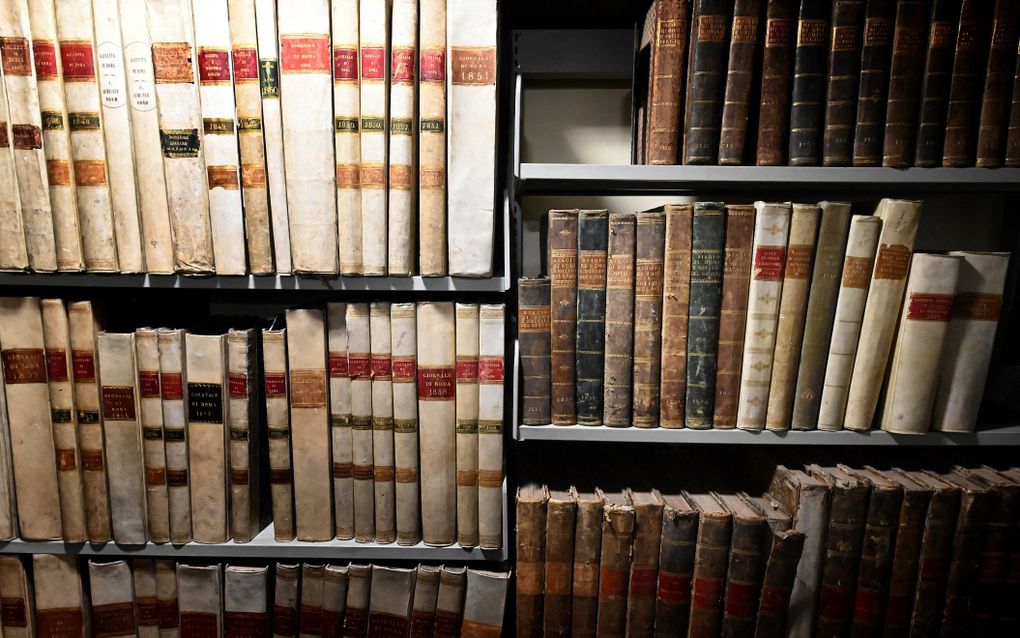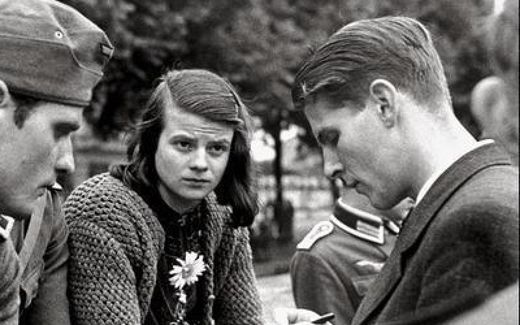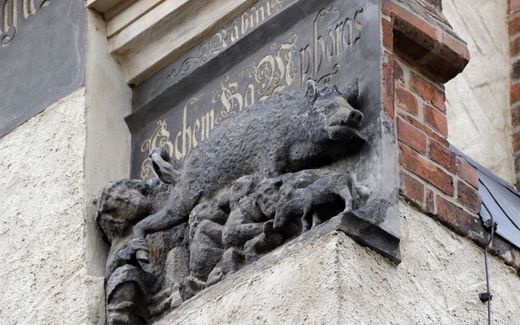Vatican publishes documents from Nazi era

Secret Archive where documents from World War II are stored in Vatican City. Photo AFP, Alberto Pizzoli
Southern Europe
The Vatican is making part of its archive of documents on the persecution of Jews from the Nazi era accessible to the public.
Interested parties can read letters from and to the pontificate of Pius XII on the Internet. In many of these letters, European Jews ask the head of the Church (1939-1958) for help. The archival series consists of 170 volumes, equivalent to nearly 40,000 digital files. An initial 70 per cent of the total amount of material will be made available initially before being integrated with the final volumes that are currently being worked on," the Vatican said in a statement.
The collection of letters is called Ebrei, the Italian word for 'Jews', and contains almost 40,000 documents. Researchers have had access to the data since March 2020. The documents show how people asked the Pope for help, for example, with escape attempts or family reunions. Other requests were for financial support. Above all, they show how the Vatican ignored the pleas. Pius XII has long been criticised for his cautious approach to Nazi Germany. He has also been accused of covering up the Holocaust.
In addition to photographic reproduction of the documents, there will also be a list of aid recipients. Initially, 70 per cent of the material is to be put online. It is a "valuable heritage" that, at the request of Pope Francis, is now being made easily accessible to the whole world, writes the Vatican's foreign representative, Archbishop Paul Gallagher, in the "Osservatore Romano".
Researchers at the University of Münster, led by church historian Hubert Wolf, are already studying thousands of documents from European Jews Pope Pius XII during the Nazi period. This reports the Christian Austrian news portal Religion.
Last year, Wolf described the documents as "shattering testimonies of persecution." At that time, an initial analysis of the sources showed that the Holy See responded to calls for help whenever possible, for example, with money, food or a visa. The image of Pope Pius XII. must certainly be drawn in a more complex way "than is often the case at the moment," Wolf wrote in an article.
Related Articles






